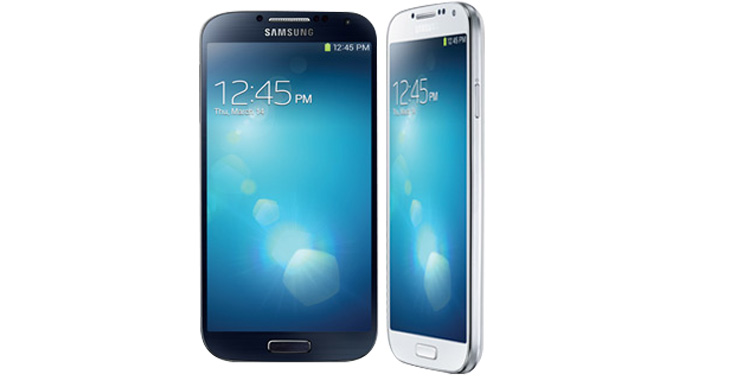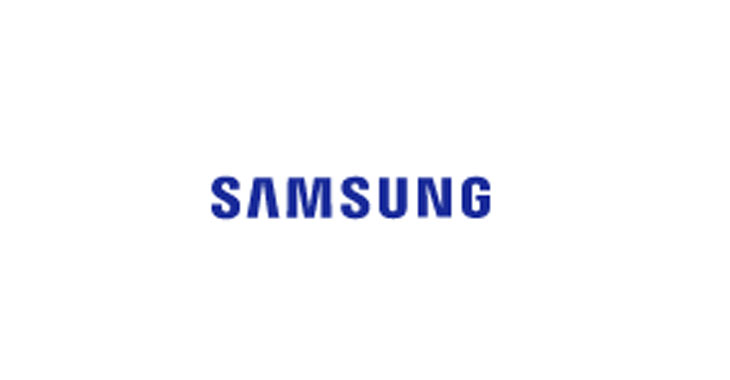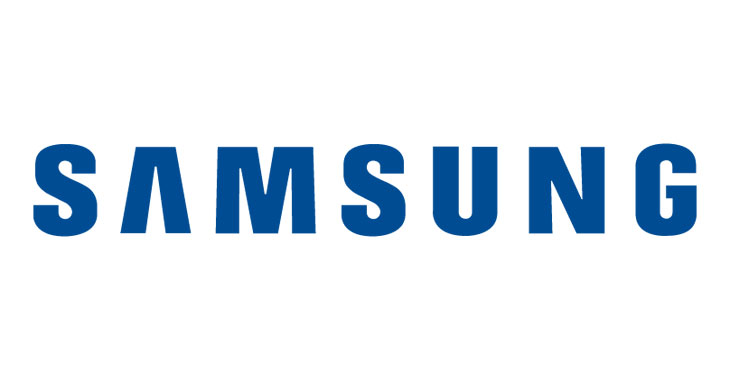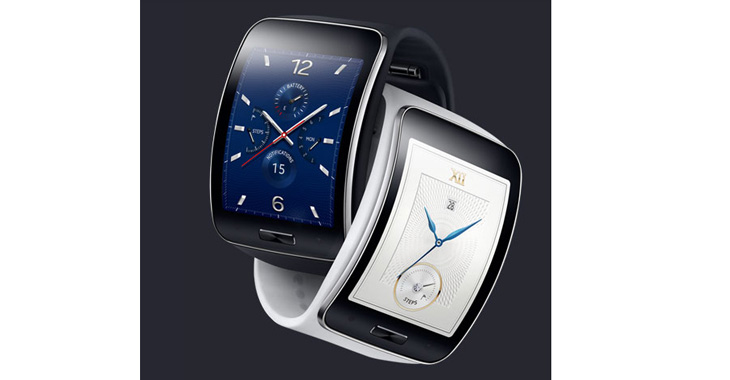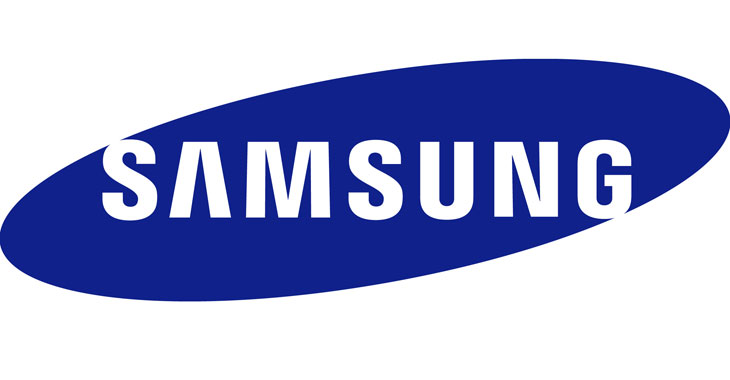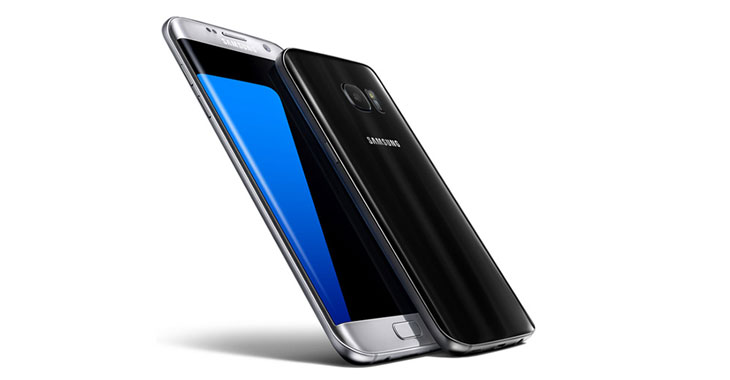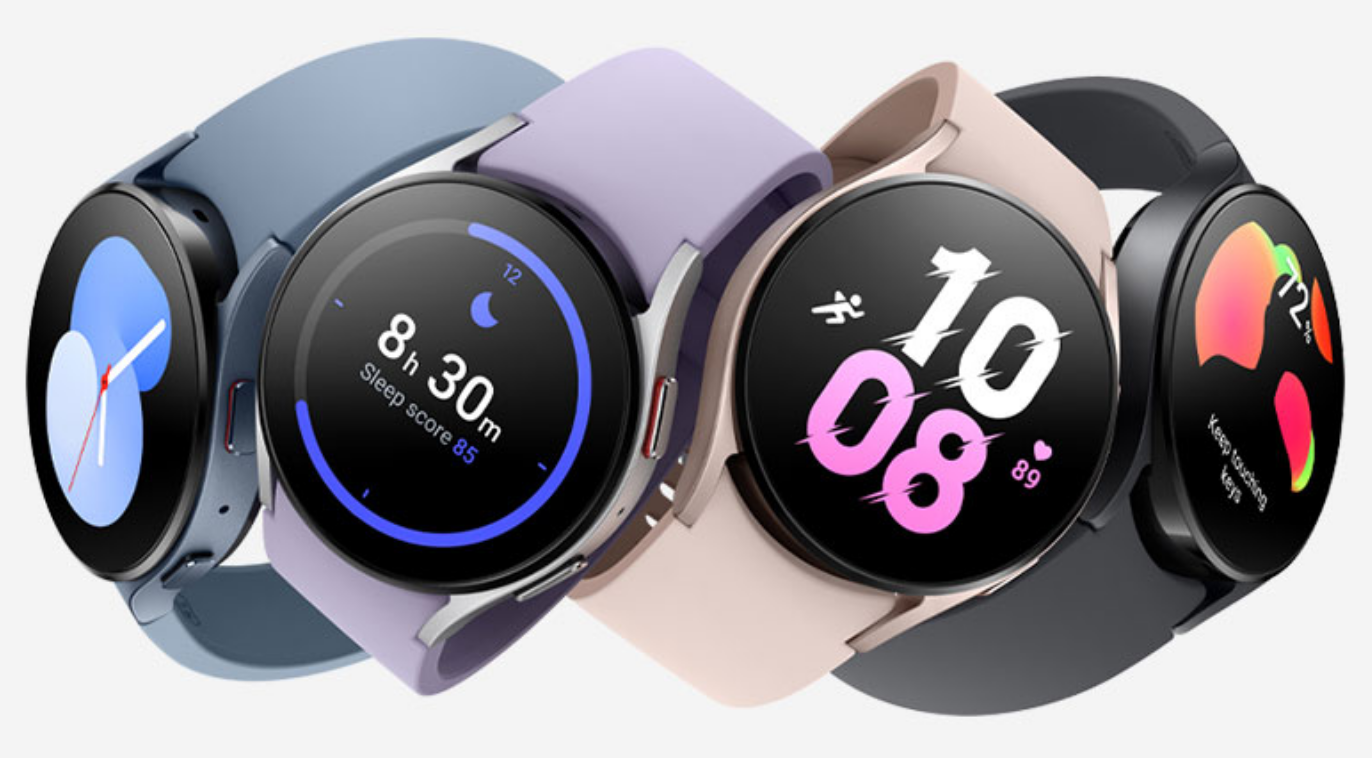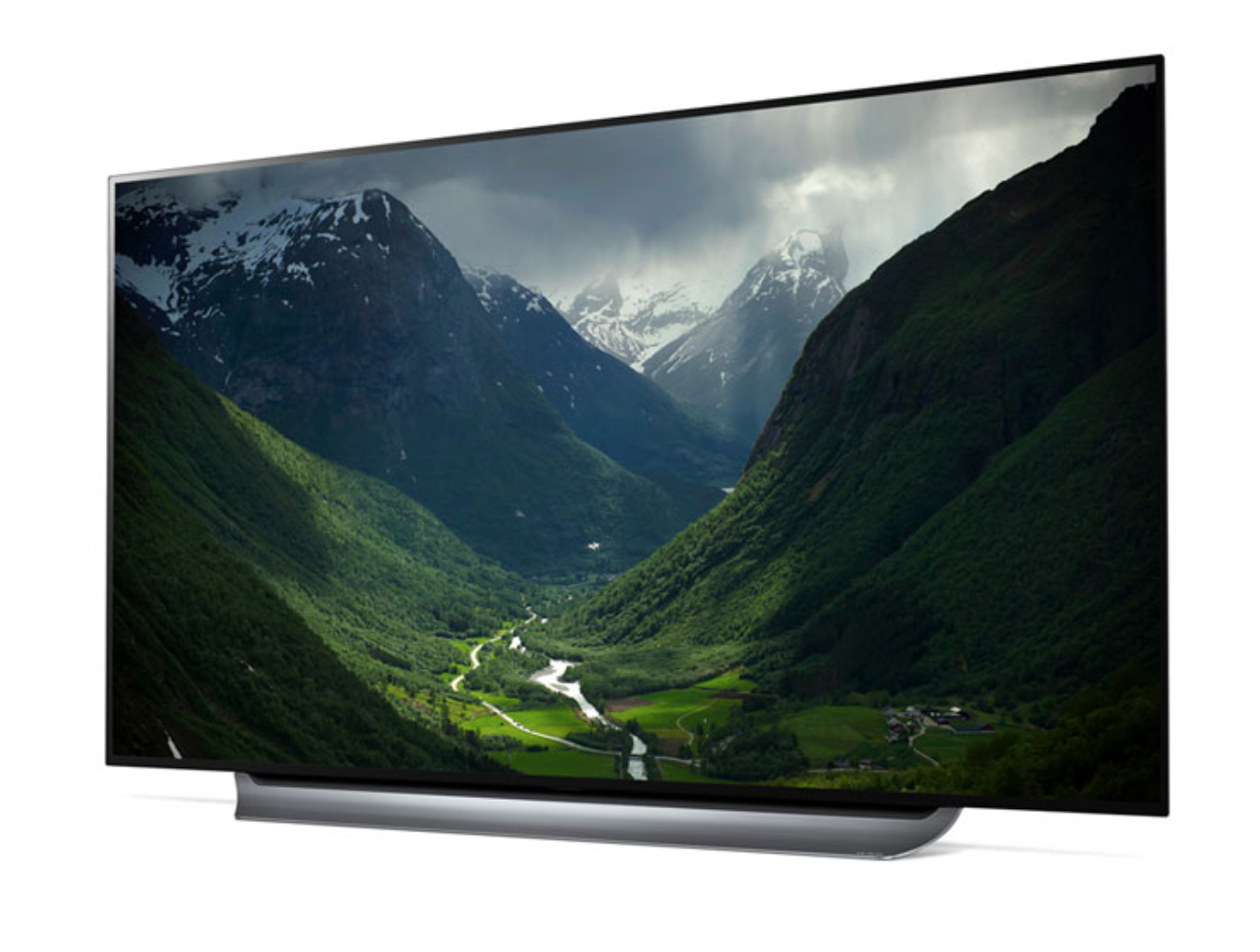
Samsung QLED Televisions
Allegations: Falsely marketing that televisions have features that they do not have
Lewis et al. v. Samsung Electronics America, Inc.
22-cv-10882, S.D.N.Y.
(Dec. 2022)
Samsung Z Fold 3 smartphone
Misleadingly marketing the phone as durable based on rigorous tests when the testing methodology of the folding function was not representative of usage in the real world and the product is “highly susceptible to screen damage”
Failing to honor the warranty when consumers report screen damage
Pending
Allegations: Falsely marketing that televisions have features that they do not have
Allegations: Failing to disclose that appliances emit pollutants that are harmful to people
Allegations: Misleadingly marketing that smartphones of 128 GB of storage
Allegations: Representing that it safeguards consumers’ personal data when such claims are not true
Allegations: Falsely marketing that the refresh rate (also known as the “Motion Rate”) of televisions is 120 Hz when the actual refresh rate is 60 Hz
Allegations: Misleading water-resistant claims
Allegations: Misleadingly marketing devices as having “supreme flexibility” when they don’t work as advertised
Allegations: Falsely marketing appliances as “fingerprint resistant” and failing to disclose that “black stainless steel” is actually regular stainless steel with a black coating that flakes and peels off
Allegations: Falsely representing the speed and storage capacity of Samsung Galaxy S4 smartphones
Allegations: Misleadingly advertising the black stainless steel finish on appliances as durable when the finish is a thin plastic coating that is prone to peel, chip and flake
Conditions about conditions.
Why the FTC should consider virtual influencers as it reviews its Endorsement Guides.
Big picture: Expert endorsements can be misleading.
These brand-relationship disclosures are far from world-class.
TV frame or frame TV? Which one is MoMA selling here?
